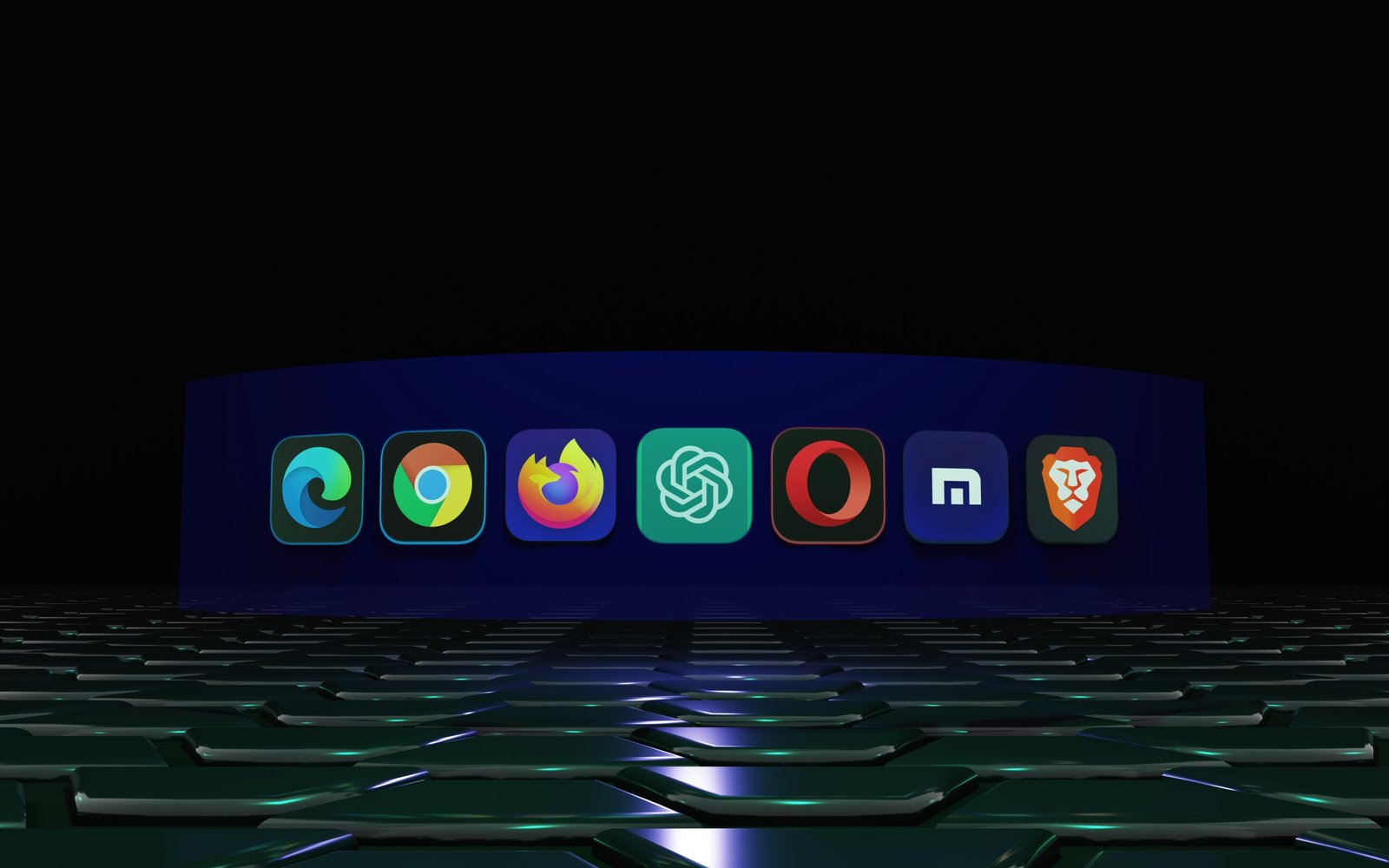The Role of AI in Modern Web Development
Artificial intelligence (AI) is undeniably transforming the landscape of web development by incorporating a variety of innovative technologies. Among these, machine learning algorithms play a pivotal role, allowing developers to create personalized user experiences that adapt over time. By analyzing user behavior, these algorithms can offer tailored content, leading to increased engagement and satisfaction.
Natural language processing (NLP) is another significant element of AI in web development. This technology enables applications to understand and interpret human language, facilitating smoother interactions between users and web interfaces. Chatbots, powered by NLP, have become ubiquitous; they assist in customer service by providing instant responses to common inquiries, thus improving overall user satisfaction. Such advancements not only enhance user experience but also streamline backend processes for businesses, reducing the need for extensive human intervention.
Automation tools are further revolutionizing web development, enabling repetitive tasks to be performed with minimal manual effort. By automating code generation, testing, and deployment, developers can focus more on creative aspects and innovative solutions. This increased efficiency not only accelerates project timelines but also enhances the quality of the final product, as automated processes can minimize human error.
Real-world examples underscore the impact of AI on web development. For instance, e-commerce platforms utilize machine learning to predict trends and optimize inventory management. Similarly, news websites leverage AI-driven algorithms to deliver content that aligns with individual reader preferences, thereby promoting higher engagement levels. These applications exemplify how developers are harnessing the power of AI to create advanced, user-friendly websites and applications that cater to the ever-evolving demands of users.
Crafting Dynamic and Personalized Web Solutions
In today’s digital landscape, crafting dynamic and personalized web solutions is essential for businesses seeking to enhance their online presence. AI web developers leverage advanced techniques, such as data-driven design, to tailor websites that cater to the unique needs of individual clients. This approach allows for a deeper understanding of user preferences and behaviors, resulting in interfaces that intuitively respond to user interactions.
User analytics plays a crucial role in this process. By collecting and analyzing data on how visitors engage with a website, developers can identify which features resonate most effectively with users. This information drives decisions related to content placement, design elements, and overall functionality, ensuring that each element serves a specific purpose in elevating user experience. Adaptive interfaces further enhance this personalization aspect, enabling websites to adjust in real-time based on user actions. Such adaptability not only increases engagement but also contributes to higher user satisfaction levels.
The significance of personalization extends beyond merely creating appealing aesthetics; it directly impacts the efficiency of content delivery. AI-powered systems streamline this process by automatically curating and recommending relevant content tailored to user preferences. As a result, visitors encounter information and services that align closely with their interests, fostering greater engagement and loyalty.
To illustrate the effectiveness of personalized web development, consider the case of a retail company that adopted an AI-driven strategy. By utilizing user analytics, they were able to redesign their online store, implementing features that catered to customer shopping habits. The result was a 30% increase in conversions and a significant boost in customer retention rates. Testimonials from such successful projects underscore the transformative power of AI in delivering tailored experiences that drive tangible business outcomes.
